On the afternoon of May 14, the National Assembly Standing Committee gave opinions on the draft Resolution of the National Assembly on a number of special mechanisms and policies for private economic development.
According to the Government's submission, the draft Resolution aims to promptly institutionalize a number of the Party's policies and guidelines stated in Resolution No. 68-NQ/TW to improve the investment and business environment; create favorable conditions for the private economy to access resources; promote science , technology, innovation and digital transformation, green transformation, human resource training, expand the participation of private enterprises in important national projects, support pioneering enterprises, and reach international standards to create "pushes, levers, and fulcrums" to create new momentum, liberate resources, and productivity of the private economy; thereby, realizing the goals stated in Resolution No. 68-NQ/TW.
The Government has classified the tasks and solutions stipulated in Resolution No. 68-NQ/TW that need to be institutionalized into 3 groups:
Firstly , the tasks and solutions stipulated in Resolution No. 68-NQ/TW have clear and specific contents, are urgent, need to be resolved immediately, have a great impact on the confidence, production and business activities of the private economic sector but have not been institutionalized or need to be amended or supplemented, are under the authority of the National Assembly and do not fall within or exceed the scope of regulation of the Laws already in the Law-making Program at the 9th Session of the 15th National Assembly.
Second , the tasks and solutions stipulated in Resolution No. 68-NQ/TW have relatively clear contents, need to be institutionalized, amended and supplemented immediately and are within the scope of regulation of a number of Laws already included in the Law-making Program at the 9th Session of the 15th National Assembly.
Third , the tasks and solutions stipulated in Resolution No. 68-NQ/TW are orientational in nature, not too urgent and require time for careful research and evaluation to propose the development or amendment and supplementation of relevant laws, and submit them to the National Assembly for consideration and approval at the next sessions.
The Draft Resolution focuses on the first group of tasks and solutions and institutionalizes them into five major policy groups: (1) Improving the business environment; (2) Supporting access to land resources and production and business premises; (3) Supporting finance, credit and public procurement; (4) Supporting science, technology, innovation, digital transformation and human resource training; and (5) Supporting the formation of medium and large enterprises and pioneering enterprises.
Notable are the regulations on improving the business investment environment.
Regarding the principles of inspection, examination, licensing and certification activities for enterprises, business households and individual businesses, the draft Resolution specifically stipulates a number of principles in the implementation of inspection, examination, licensing and certification, including:
(i) Each enterprise or business household shall not be inspected or examined more than once a year, except in cases where there is clear evidence of violation;
(ii) Strictly handle acts of abusing inspection and examination to harass and cause difficulties for businesses;
(iii) Prioritize remote inspection and examination based on electronic data, reduce direct inspection and examination;
(iv) Exemption from on-site inspection for enterprises that comply with legal regulations. Shifting the management of business conditions from licensing and certification to publishing business conditions and post-inspection, except for a few fields that are required to carry out licensing procedures according to international regulations and practices.
Regarding the principles of handling violations and resolving cases in business activities , the draft Resolution clearly defines the responsibilities of legal entities and the responsibilities of individuals; between criminal responsibilities and administrative responsibilities, civil responsibilities; and between administrative responsibilities and civil responsibilities.
For violations and civil and economic cases, priority is given to applying civil, economic and administrative measures first; enterprises, business households and business individuals are allowed to proactively remedy violations and damages. In cases where the practical application of the law may lead to criminal prosecution or no criminal prosecution, criminal prosecution shall not be applied.
For violations that are subject to criminal prosecution, proactive, timely and comprehensive economic remedial measures are given priority and are an important basis for the prosecution agency to consider when deciding to initiate, investigate, prosecute, adjudicate and take further measures. Legal provisions must not be applied retroactively to deal with cases that are disadvantageous to enterprises, business households and business individuals.
Reporting on the review of the draft Resolution, Chairman of the Economic and Financial Committee Phan Van Mai said that the Economic and Financial Committee agreed with the necessity, political basis and practical basis of developing and promulgating the Resolution according to the simplified procedures; agreed with the scope of regulation and scope of institutionalization of Resolution No. 68-NQ/TW in the draft Resolution of the National Assembly as proposed by the Government.
The Economic and Financial Committee recommends that the Government direct the agencies in charge of drafting other draft laws and resolutions to submit to the National Assembly at the 9th Session (such as the Law on Planning, the Law on Investment, the Law on Bidding, etc.) to urgently review and study the contents of Resolution No. 68-NQ/TW to institutionalize them in these draft laws and resolutions, and soon have official documents sent to the National Assembly and the National Assembly Standing Committee.
The Economic and Financial Committee also recommended a thorough review of special mechanisms and policies applied to private economic enterprises to ensure compatibility with relevant international treaties to which Vietnam is a member, avoiding violations of the principle of "national treatment" and commitments on public procurement.
(According to VTV)
Source: https://baoyenbai.com.vn/12/350270/Chinh-phu-de-xuat-nhieu-co-che-chinh-sach-dac-biet-phat-trien-kinh-te-tu-nhan.aspx


![[Photo] General Secretary To Lam works with the Central Policy and Strategy Committee](https://vphoto.vietnam.vn/thumb/1200x675/vietnam/resource/IMAGE/2025/5/28/7b31a656d8a148d4b7e7ca66463a6894)
![[Photo] Vietnamese and Hungarian leaders attend the opening of the exhibition by photographer Bozoky Dezso](https://vphoto.vietnam.vn/thumb/1200x675/vietnam/resource/IMAGE/2025/5/28/b478be84f13042aebc74e077c4756e4b)
![[Photo] Prime Minister Pham Minh Chinh receives a bipartisan delegation of US House of Representatives](https://vphoto.vietnam.vn/thumb/1200x675/vietnam/resource/IMAGE/2025/5/28/468e61546b664d3f98dc75f6a3c2c880)
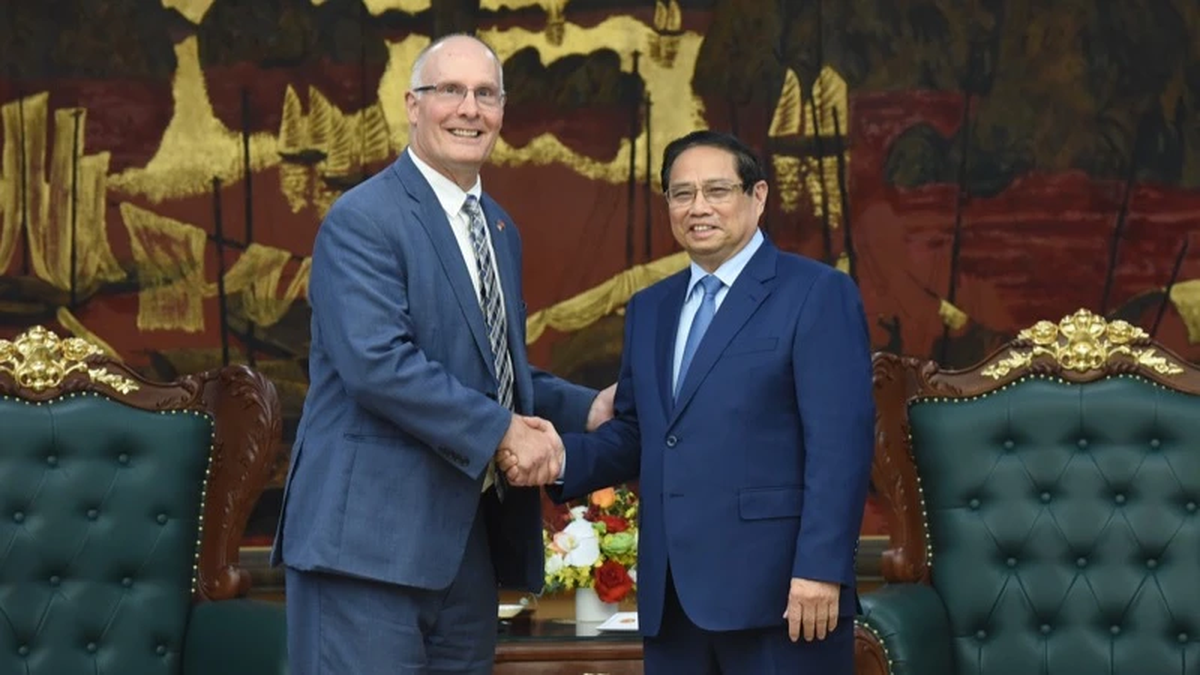

![[Photo] 12th grade students say goodbye at the closing ceremony, preparing to embark on a new journey](https://vphoto.vietnam.vn/thumb/1200x675/vietnam/resource/IMAGE/2025/5/28/42ac3d300d214e7b8db4a03feeed3f6a)
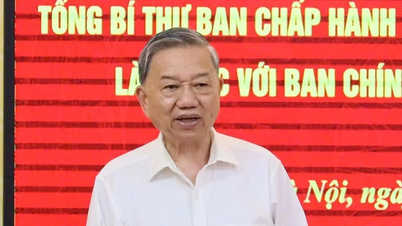

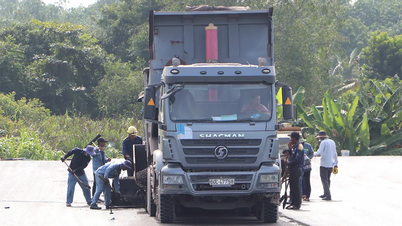


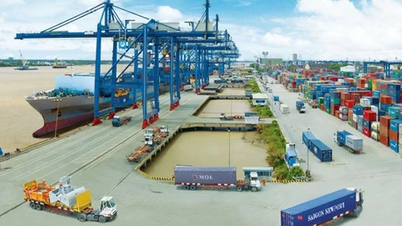







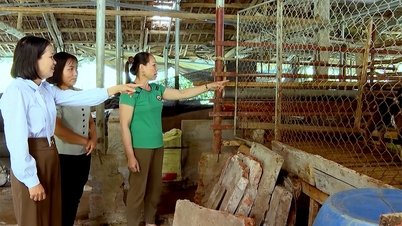


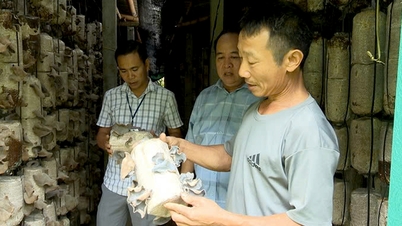

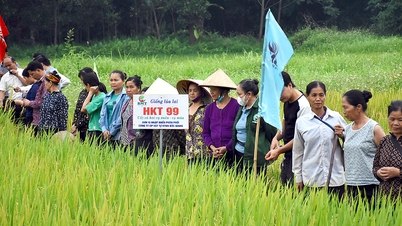






























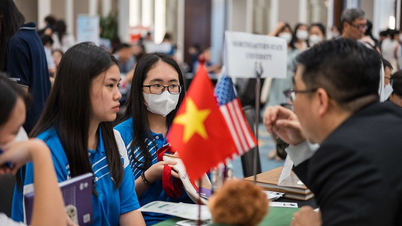












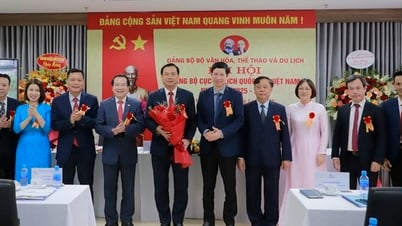
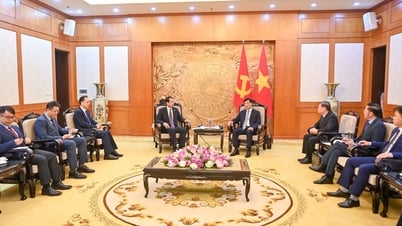




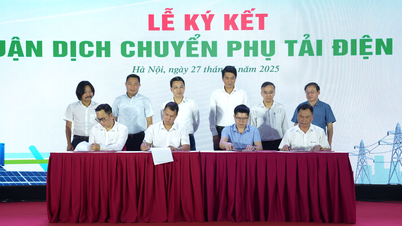
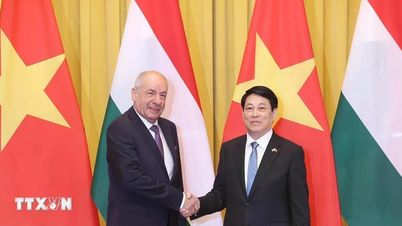









Comment (0)